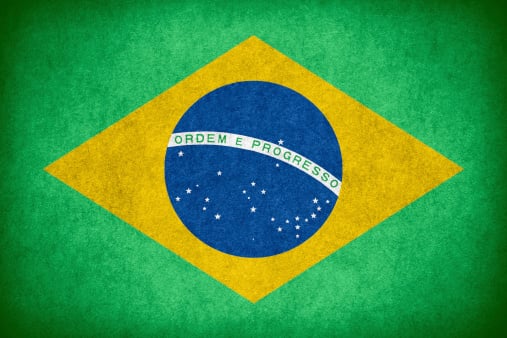
Source: Thinkstock
The good news — reflected by the rise in Petrobras’s share price Monday morning — is that Rousseff did not win outright and now must face a more conservative, pro-business opponent in the decisive election that will be held on October 26. Rousseff won 41.59% of the vote, compared with Aécio Neves’s total of 33.55% of the total. A third candidate, environmentalist Marina Silva, took 21.32% and was eliminated from further contention in the election.
A poll taken before the election predicted that Rousseff would win by 16 points. That she won by just 8 points is viewed as a victory for Neves and will surely energize both his campaign and his financial backers.
Rousseff’s popularity, despite her price controls on gasoline and her focus on preserving jobs, has been sinking since last year on massive street demonstrations in 2013 protesting expenditures on the World Cup tournament, poor public services and a scandal involving Petrobras in which a former company executive revealed an overbilling scheme at the company that was intended to provide support for politicians in Rousseff’s governing alliance.
ALSO READ: The Best and Worst Performing DJIA Stocks in 2014
The president’s popularity, though, rests on perceived gains in living standards among many Brazilians and enough antipoverty programs to overcome anger and resentment over corruption.
For his part, Neves has said that he would relax price controls on fuel, increase transparency into public financing and adopt policies that would reduce volatility in the markets. Perhaps most important, according to some observers is convincing Marina Silva’s supporters to vote for him. That could be tricky since he is far more conservative that Silva.
The markets clearly think that Neves’s chances went way up as a result of the voting. Along with those chances, hopes rose for Petrobras, bank holding company Itaú Unibanco Holding S.A. (NYSE: ITUB) and Gol Linhas Aéreas Inteligentes S.A. (NYSE: GOL).
Petrobras stock trades up more than 14% at $15.95, in a 52-week range of $10.20 to $20.94. We noted before the election that Petrobras was heavily tied to the elections, and that has turned out to be the case. If Rousseff wins the final election later this month, the oil company’s ADSs are likely to have trouble maintaining Monday’s gains.
Itaú Unibanco’s stock was trading up about 9.6%, at $15.44 in a 52-week range of $10.85 to $18.49.
Linhas’s stock was up nearly 8.5%, at $5.43 in a 52-week range of $3.77 to $7.04.
ALSO READ: 7 Must-Know Earnings Season Surprises
Essential Tips for Investing: Sponsored
A financial advisor can help you understand the advantages and disadvantages of investment properties. Finding a qualified financial advisor doesn’t have to be hard. SmartAsset’s free tool matches you with up to three financial advisors who serve your area, and you can interview your advisor matches at no cost to decide which one is right for you. If you’re ready to find an advisor who can help you achieve your financial goals, get started now.
Investing in real estate can diversify your portfolio. But expanding your horizons may add additional costs. If you’re an investor looking to minimize expenses, consider checking out online brokerages. They often offer low investment fees, helping you maximize your profit.
Thank you for reading! Have some feedback for us?
Contact the 24/7 Wall St. editorial team.


